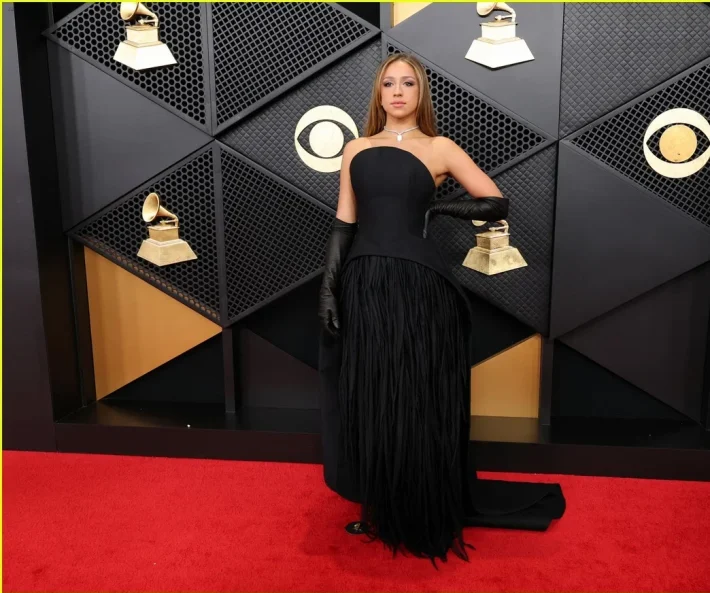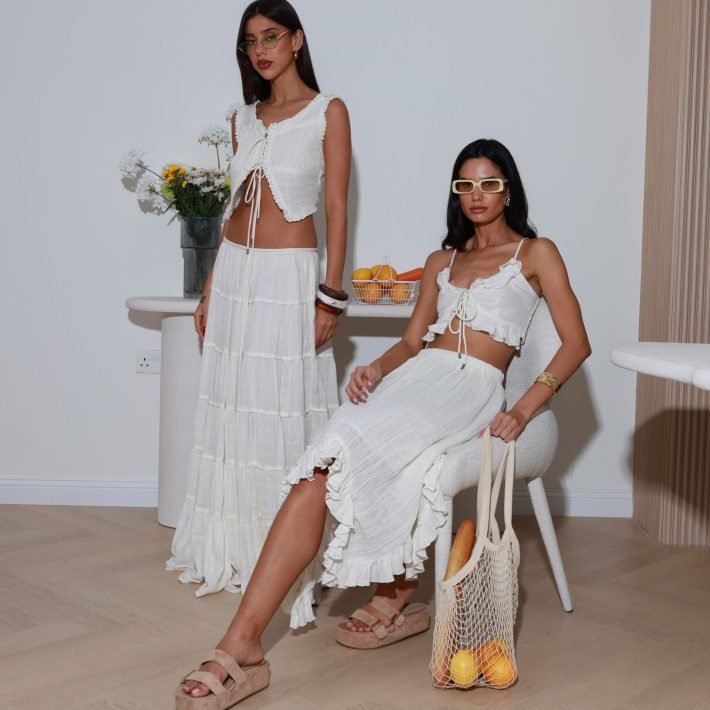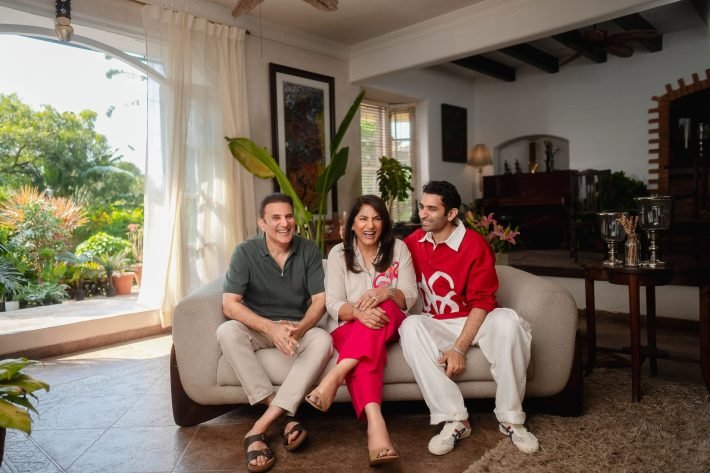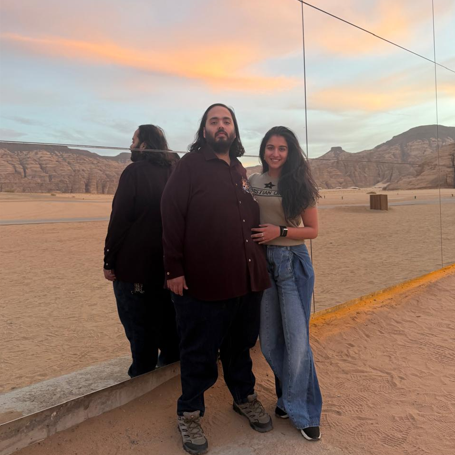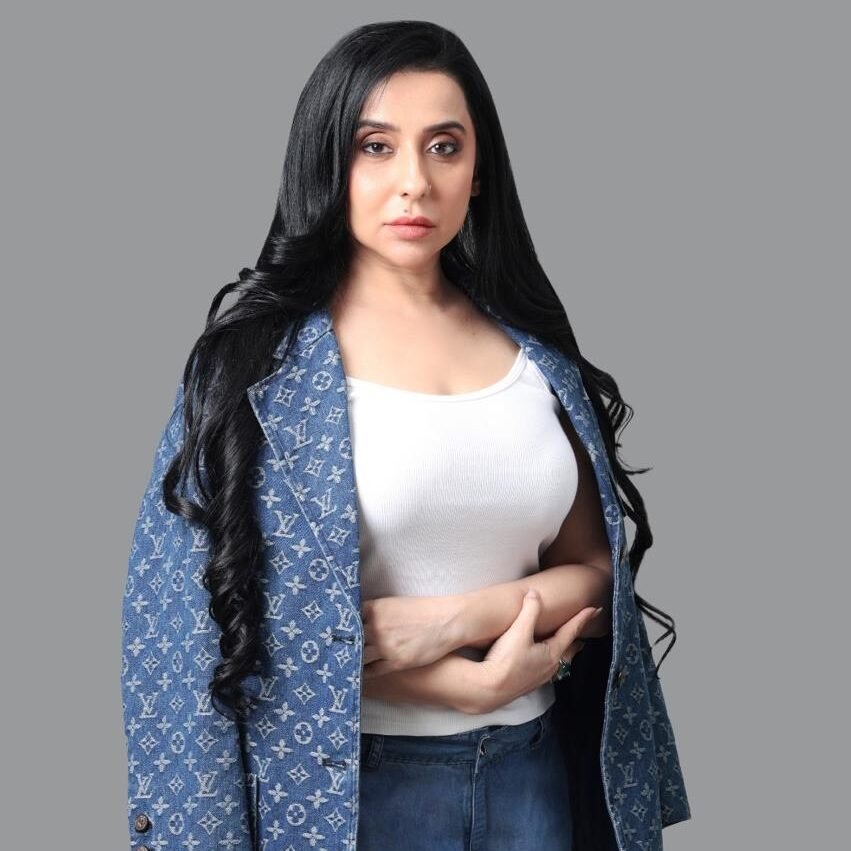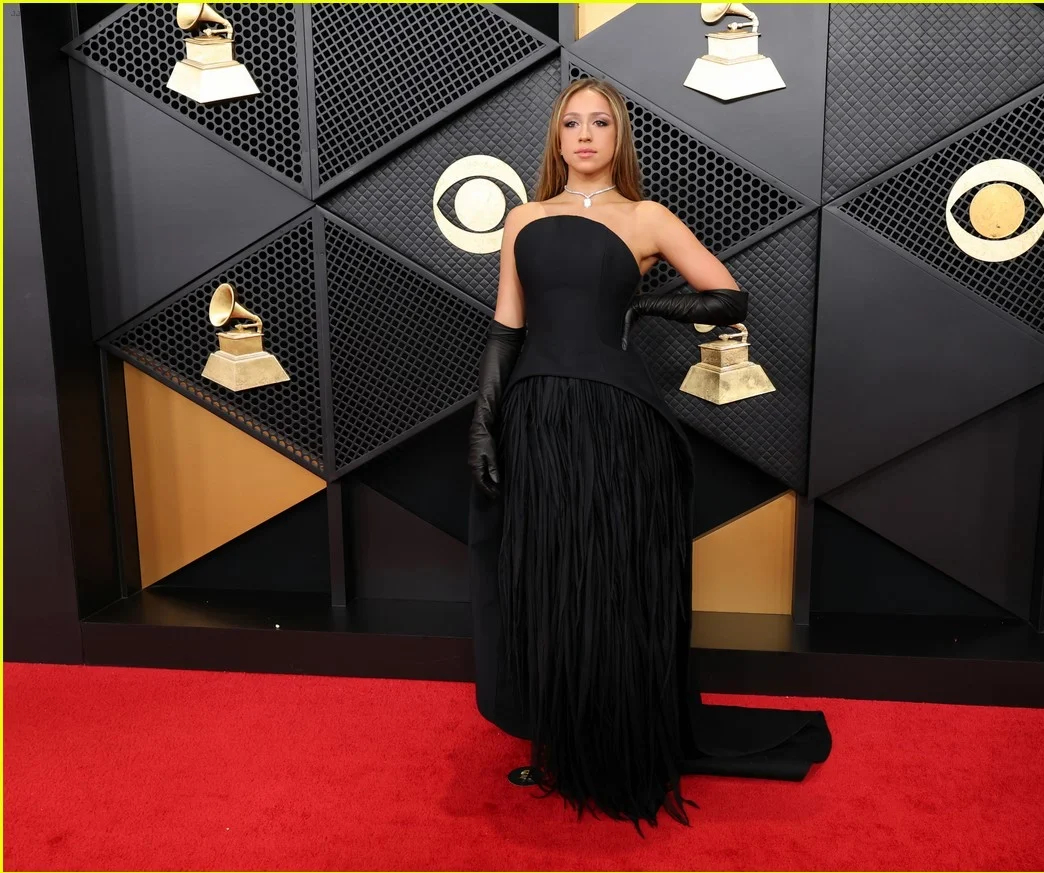Vidya Balan, the pioneering actor known for redefining terms for women in the film industry, says, “No matter how successful we women are, we are bad at receiving success. It’s as if we still do not want to threaten the men.“

Balan was speaking at We The Women, the flagship festival curated by award-winning journalist Barkha Dutt, the sixth edition of which was held in Jaipur and live-streamed on digital platform Mojo Story. Known for her impact-making films like ‘Kahaani,’ ‘Shakuntala Devi,’ ‘Tumhari Sulu,’ ‘Sherni,’ and ‘Jalsa,’ Balan, began by presenting the annual H.E.R Award, to Army officers Lt Col. Anila Khatri and Major Abhilasha Barak. Later Vidya Balan was also honored as a Woman of Impact with the same award.
https://www.youtube.com/watch?v=bSMRHjQF1kQ))
Vidya Balan spoke of how growing up in a home with every possible freedom and where the emphasis
was on education; it was only after becoming an actor that she started feeling the impact of stereotypes
and sexism “There was always a pressure of being a certain kind of heroine, which I’m not. I don’t know
who I am and I’m still discovering. But I knew that I didn’t fit the mould. People around me were
constantly trying to mould me in a certain way. At various levels, it was frustrating to try and fit in.”
Opening up about how social conditioning impacts women in conscious and subconscious ways, Balan
told Barkha Dutt “We’re fighting with the demons in our own minds ….. I would be okay doing my close-
ups shots last, while the other actor leaves early. I would be okay if my van was parked away and the
other actor’s not. I had no issues with this because I was committed to my work. If the work demands
me to be present there at whatever time, I would be there. But it is not okay, how women need to please
to fit in. I needed to overcompensate to be successful. When we downplay ourselves, no matter how
successful we are, we don’t want to threaten the men. You don’t want to threaten the status quo. We’ve
grown up learning this.”
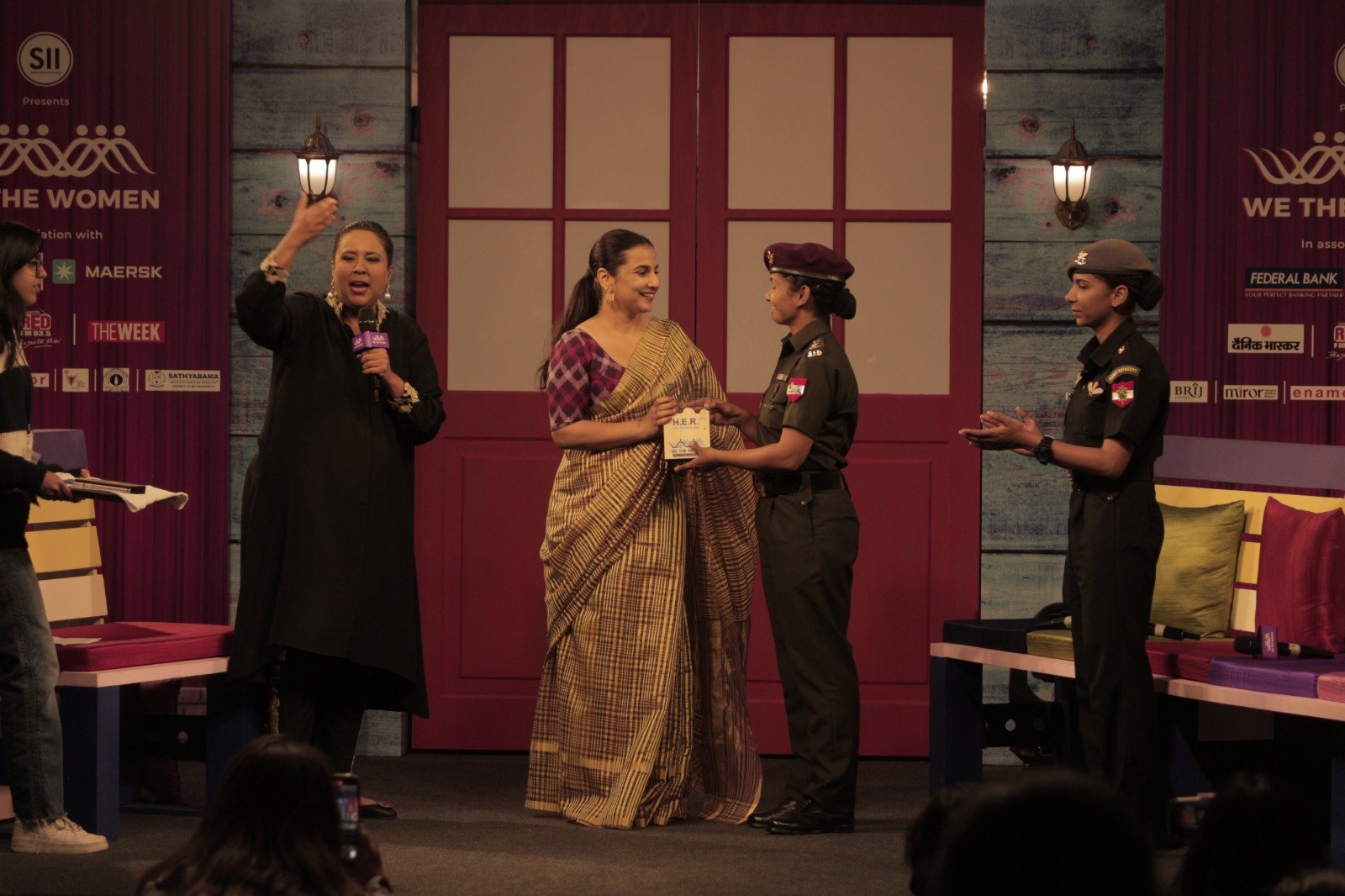
Talking about her debut film Parineeta, Vidya Balan said, someone told her, “’ Oh what a great break in
Parineeta, but you came in as a woman, now people need to see you as a girl.’ I was a woman, I was 26
then.” Sharing how she deals with misogynistic questions and stereotyping even today, she says, “For
the longest time, they have posted my pictures stating -’Oh, she’s pregnant.’ Even today, when I promote
my films, they ask if Siddharth has a say in what I do. I tell them, ‘I don’t have a say in what Siddharth
chooses, so why should he have a say in what I choose.”
Vidya Bala has been a passionate advocate for body positivity and self-love and says she had to go
through her own difficult journey before she got to this point of equanimity. “The struggles with my
body deserve a book honestly. I think it’s been lifelong and I made peace with it. I think it would
devastate, destroy and shatter me every time someone said something unflattering. I was angry with my
body for most of my life. It’s only in the past 5-6 years that I have begun to say this is what is keeping me
alive. All it deserves is gratitude.”
The actor said she was asked to lose weight before every film till she decided she’d had enough and
actually turned down a project if that was the ask. “I felt so free after that,” she said.
Talking about her seminal film ‘Dirty Picture’ Balan told Dutt it was the movie that taught her self-love. “I
was someone who never wore sleeveless. I was always shy and wanted to be hidden. Here, I was made
to wear clothes my size. I got to flaunt my curves, my love handles and everything. It went on to become
a huge success and I felt my sexiest best at my biggest… Biggest until then! ” she said laughing out loud
Asked what she would tell her 18-year-old self, Vidya Balan said, “There’s only one you and no one is
perfect”.
Vidya Balan was one among a galaxy of top achievers at the We The Women Festival. Other speakers
included Janhvi Kapoor, Aditya Roy Kapur, Ghazal Alagh, Vani Kola, officers of the Indian Army, Shweta
Bacchan and Navya Nanda and several grassroots activists.



